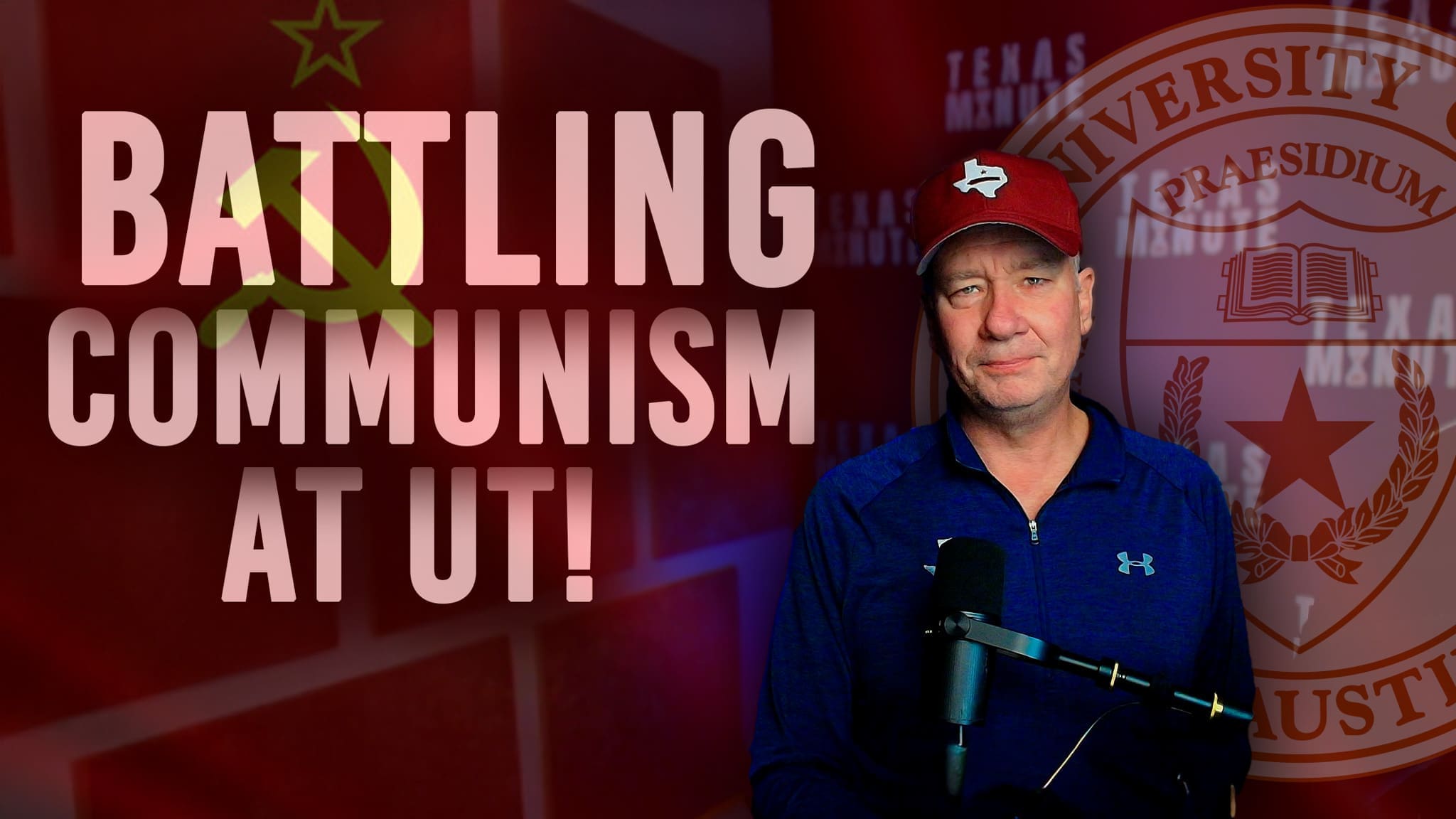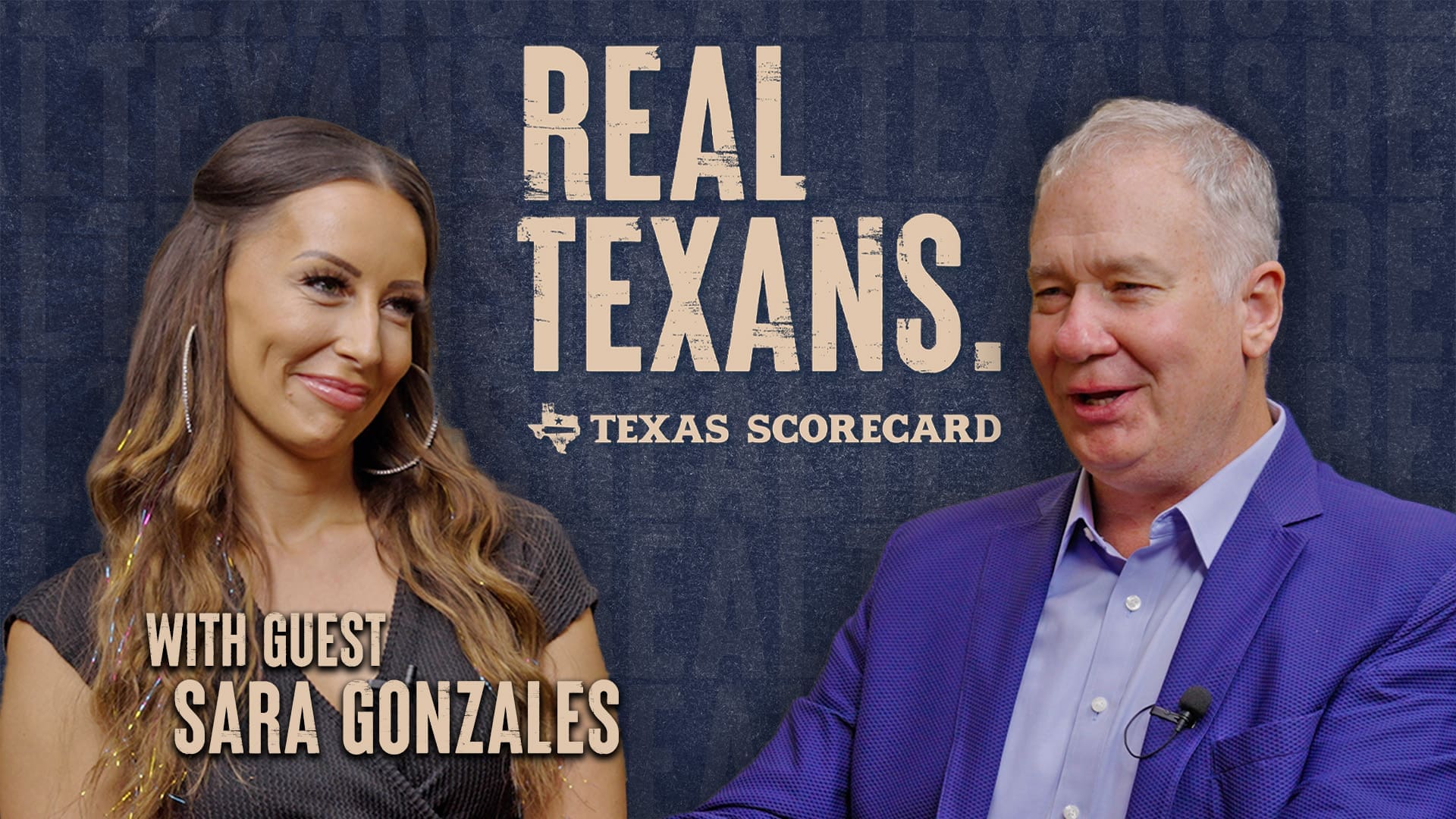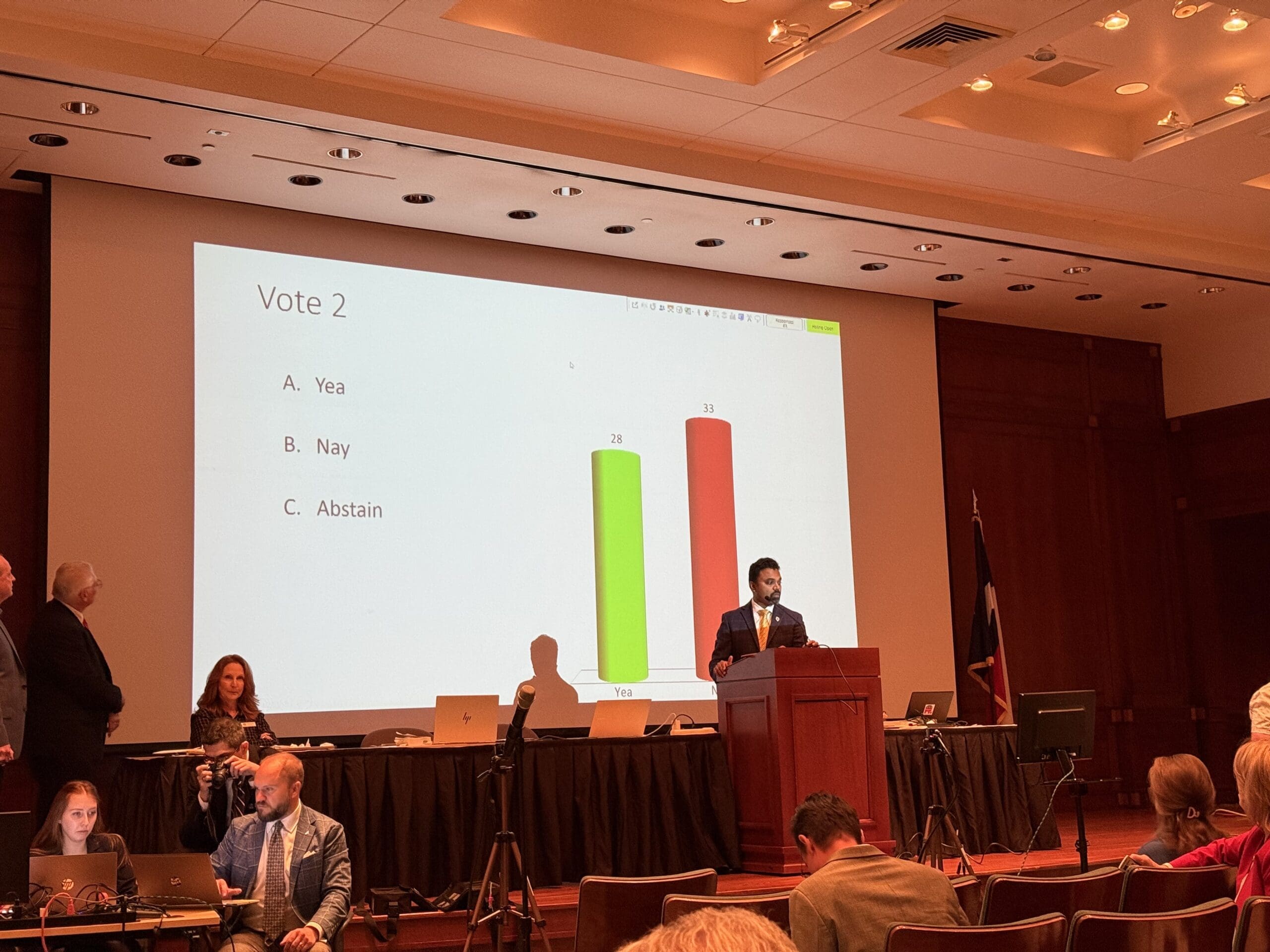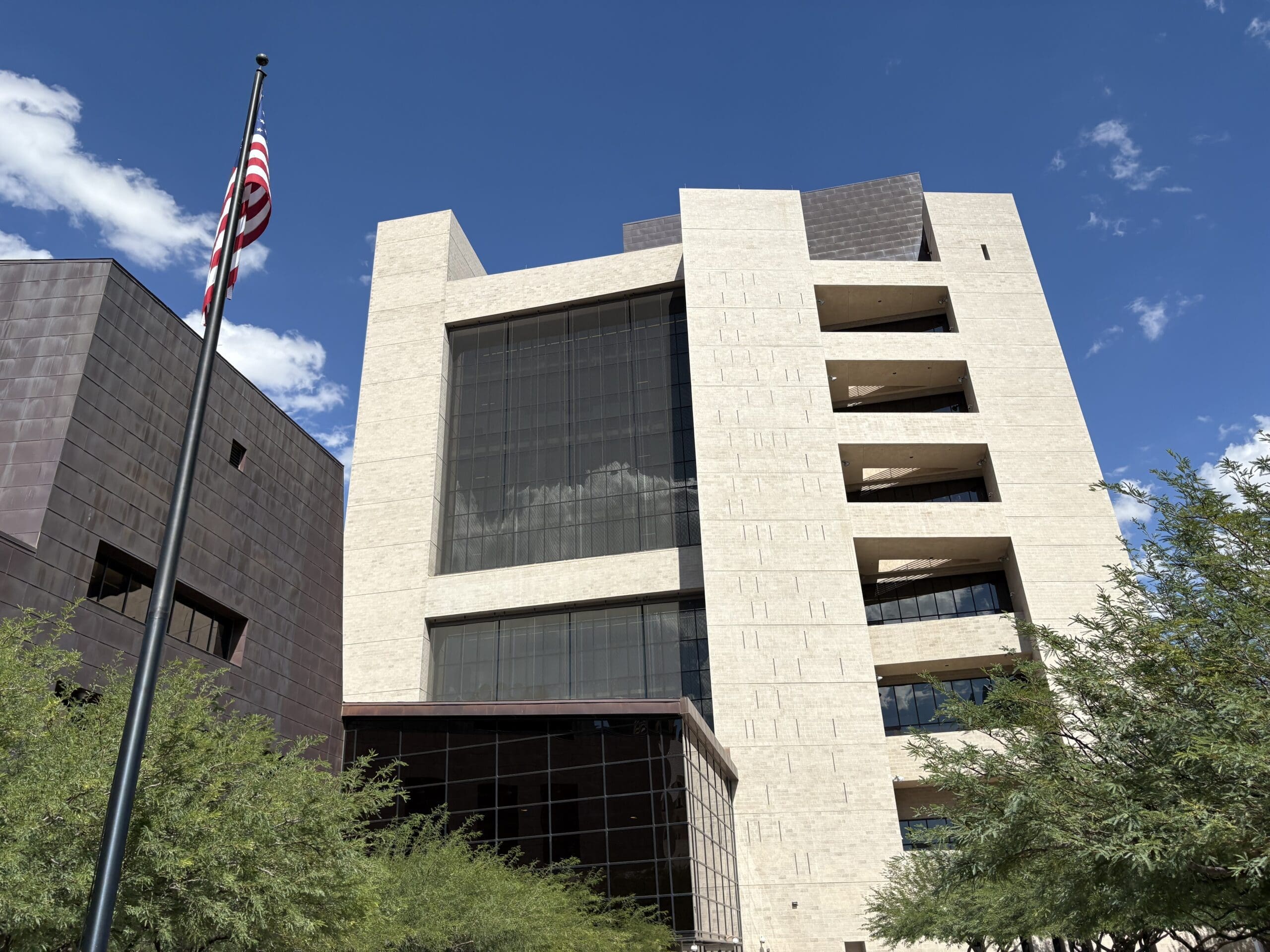With the City of Dallas recovering from riots in the past several months, and South Dallas residents holding on to the City’s promises to provide more police, city council moved to cut police and firefighter overtime in the proposed 2021 budget and instead spend it on growing government. Citizens still have time to reverse this, and evidence is on their side, with this year’s amount of police overtime already overbudget and polls showing African-Americans do not want less police.
City staff’s original proposed budget for 2021 projected having fewer sworn police officers. The budget estimates there will be 3,150 sworn officers this September, predicts the number will go down to 3,095 sworn officers next September, and then down to 3,040 the year after. This is projected despite higher spending and taxes in the proposed budget.
In the wake of protests and riots in reaction to the tragic death of George Floyd, cities across the country have been besieged with demands to “defund” or eliminate the police. In Dallas, this cause has been publicly championed by Councilmembers Adam Bazaldua, Omar Narvaez, Adam Medrano, and Lee Kleinman.
In a marathon budget session on Wednesday, when council members proposed their own amendments to the budget, Bazaldua successfully won majority council support for his proposal to cut funding for police and firefighter overtime. The city will take $7 million of taxpayers’ money—25 percent of the police overtime budget—and spend it on things like bike lanes, solar power, the Bishop Arts Theatre, and miscellaneous expenses. Another $1.5 million pulled from the firefighter overtime budget is slated to be spent on firehouse maintenance.
Not all council members supported the decision. “I’m deeply concerned about the cutting of overtime,” Councilwoman Jennifer Gates said.
Councilman Chad West, who voted in favor of the amendment, told Texas Scorecard he wants to motivate management to stop using overtime so often. “There’s a need for overtime, but it is something that is abused,” West told the council on Wednesday. “There’s no checks and balances for overtime.”
Over $1.6 million of the taxpayer dollars pulled from the police overtime budget would be spent on hiring 21 civilian employees to perform desk work, relieving an equal number of sworn police officers from those duties so they can work the beat, instead. Proponents of this plan believe moving these officers to front-line duty will reduce the need to use the overtime budget.
Dallas Police Chief Renee Hall disagreed. “Civilianizing those 21 individuals does not equate to us addressing the overtime issue,” she said. “Those numbers are not large enough to address those concerns.”
Councilwoman Paula Blackmon argued, “When you have the personnel, [police overtime is] almost cut in half,” she said.
It’s worth noting that Dallas hasn’t stayed within its police overtime budget this year. Hall told council members the current budget allocated $26 million for police overtime, and because of this year’s riots and tornadoes, they’re now at $31 million. At Councilmember Cara Mendelsohn’s request, council members were informed the police overtime budget was $30 million in 2019, $25 million in 2018, and $27 million in 2017.
“I’m not sure how much more we can ask of our officers,” Mendelsohn said. “I cannot support taking this away.”
“If we had enough police, there would be no need for overtime,” grassroots leader Susan Fountain told Texas Scorecard. “This is extremely short-sighted and completely debunks the city council narrative that they are not cutting police funding.”
Critics question the wisdom of cutting police funding considering the riots Dallas has seen this year, and the possibility for more as the presidential election approaches.
Bazaldua’s amendments were cosponsored by Councilmembers Medrano, Blackmon, Narvaez, Blewett, West, and Atkins. The police overtime cut passed 11-3, with Councilmembers West, Thomas, Resendez, Narvaez, Medrano, Kleinman, Arnold, Blewett, Blackmon, Bazaldua, and Atkins voting yes.
Bazaldua’s firefighter overtime cut passed 9-5, with Atkins, Bazaldua, Blackmon, Blewett, Kleinman, McGough, Medrano, Narvaez, and West voting yes.
Mayor Eric Johnson was absent for these votes, having left shortly after city council defeated his proposal to “defund the bureaucracy” with $6.5 million in salary cuts earlier that day.
One of the leaders of the leftist Dallas Police Oversight Coalition, Dominique Alexander, praised the move to cut police overtime.

However, the coalition’s demands to “defund” the police conflict with what Dallas citizens are asking for. Earlier this year, South Dallas citizens asked for more police protection to deal with rising crime and long wait times for 911 calls. South Dallas has a large minority population, and these views coincide with a recent Gallup poll showing 81 percent of African-Americans don’t want less police in their neighborhoods; in fact, 20 percent of those polled said they want more of a police presence.
“More than anything else, black communities are calling for better interactions with police, not for dismantling departments,” wrote Charles Blain, president of Urban Reform. “They want the type of policing often found in affluent suburbs, with a greater focus on de-escalation, diversion, community service, and rehabilitation as opposed to arrest and incarceration.”
“Study after study shows the residents do not want to have public safety defunded,” Mendelsohn told council members on Wednesday. “I am worried about the future of our beloved city,” she told Texas Scorecard.
“There are critical, priority-one calls not even being answered because they have no police officers to send,” Fountain added.
Dallas citizens concerned about law and order have time to express their concerns about defunding police and firefighters. The city council is scheduled to adopt the budget and tax rate on September 23. Concerned voters may contact the Dallas City Council, Mayor Johnson, and Gov. Greg Abbott.
Lee Kleinman: sophia.figueroa@dallascityhall.com; 214-670-7817
Adam Medrano: adam.medrano@dallascityhall.com; 214-670-4048
Tennell Atkins: maria.salazar2@dallascityhall.com; 214-670-4066
Adam Bazaldua: Yesenia.Valdez@dallascityhall.com; 214-670-4689
David Blewett: david.blewett@dallascityhall.com; 214-670-5415
Adam McGough: adam.mcgough@dallascityhall.com; 214-670-4068
Chad West: Chad.West@dallascityhall.com; 214-670-0776
Casey Thomas: richard.soto@dallascityhall.com; 214-670-0777
Carolyn King Arnold: District4@DallasCityHall.com; 214-670-0781
Jaime Resendez: jaime.resendez@dallascityhall.com; 214-670-4052
Tennell Atkins: maria.salazar2@dallascityhall.com; 214-670-4066
Paula Blackmon: District9@DallasCityHall.com; 214-670-4069
Adam McGough: adam.mcgough@dallascityhall.com; 214-670-4068
Cara Mendelsohn: cara.mendelsohn@dallascityhall.com; 214-670-4067
David Blewett: david.blewett@dallascityhall.com; 214-670-5415
Jennifer Gates: jennifer.gates@dallascityhall.com; 214-670-7057





